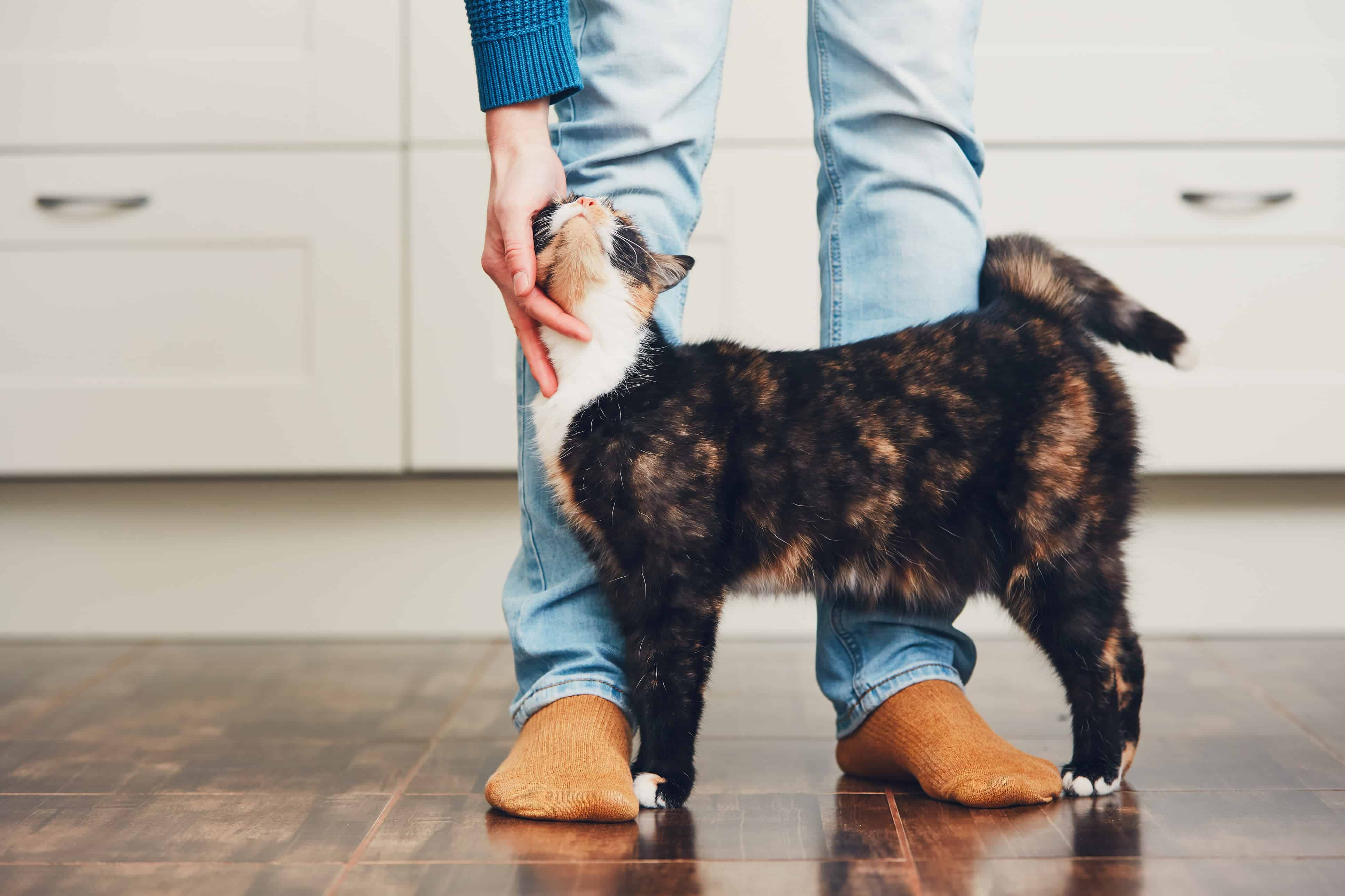The Men’s Interest Groups You Need To Know About
Men have endured many trends. Flares, curtains hairstyles, laddism, little goatee beards, gym culture, lumbersexuality.
One trend that’s on the rise, not based on a style or taste, but because of the changing face of masculinity, is men’s interest groups.
The conversation around men and modern masculinity has opened up conversations about mental health, male suicide rates, and breaking down the barriers of what some would call toxic masculinity, which means this is a movement we don’t want to see go the way of sideburns.
According to mental health charity CALM, an average of 12 men in the UK take their own lives every day, while 84 percent of men bottle up emotions and 55 percent of those who experience depression never tell anyone about it.
Now, as awareness slowly builds, men’s interest groups from serious support groups and blokey social get-togethers are becoming an increasingly important part of men’s lives.
A recent example was the Self-Care Sunday Brunch, from the Festival of New Masculinity organized by Book of Man. The brunches combined talks on topics as fatherhood, the outdoors, grief, plus informal banter around food and beer. The point, along with many other groups, is to talk and connect with other men.

“Men’s groups are quite interesting and growing around the country because men haven’t really had a forum to do this before,” says Martin Robinson, the founder of Book of Man and Self-Care Sunday Brunch organizer. “They’ve never spoken about stuff they’ve been through. It’s about bringing men together in a way that isn’t too scary and off-putting. That can only be a good thing.”
It’s a case of some good old-fashioned male bonding, which can fall by the wayside as men get older and find it harder to hold onto friends.
“When you start getting into the heavy period of your career and start having kids, it’s easy for that side of things to drop away for men,” says Robinson. “They’re less likely to have the support network around them that women have. Men deal with things in isolation and don’t ask for help. It’s kind of the same thing that mental health and suicide problems are about.”



















